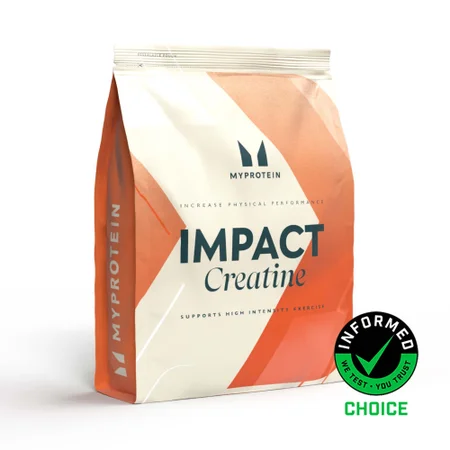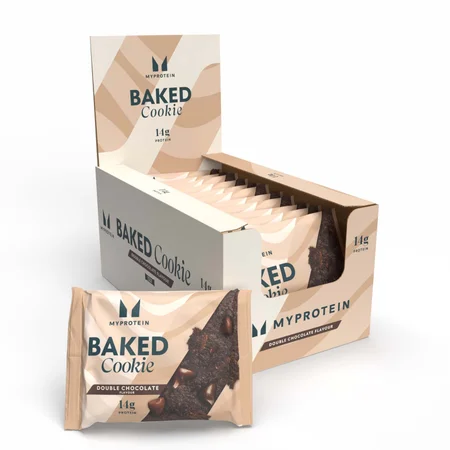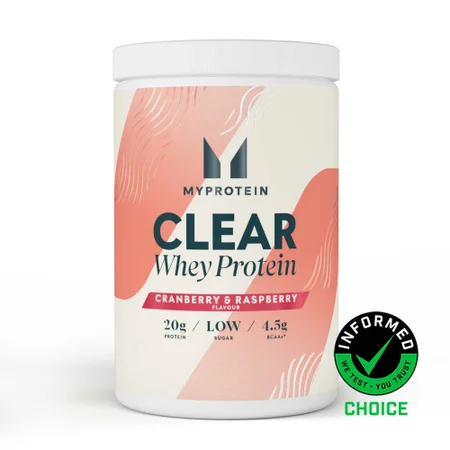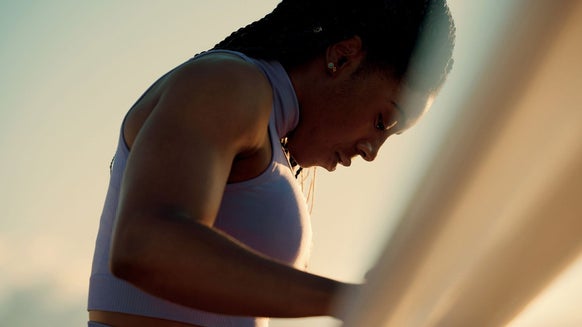
Age can be a sensitive topic, whether you’re 35 going on 21 or nearing your 50th birthday (happy birthday, by the way).
Food choices and the need to change up your exercise routine due to age may not cross your mind until you overhear a frightening comment on your tube journey about reducing wrinkle lines by drinking celery juice (FYI, that’s fake news).
There are lots of facts and statistics focused on training and diet plans for the older adult — we’re talking the wiser over 65 year olds — but do we need to think about our exercise choices and dietary plans before we even reach our 65th birthday?
We’ve done the research and we’re here to give you the solid facts so that you can enhance your training to reach for your goals.
How should my training change as a result of age?
The unwanted news is that we can’t control when we age. We age every day, every minute and every second. The good news is that we can control how we cope with ageing by adjusting our training.
Bone density continues to increase until we reach our late 20’s, after which, our bone density begins to decrease.
Weight-bearing exercises can make all the difference to your bone density between the ages of 18-30. Achieving as high a bone density as possible during this time will give your bones the best standing ground going forwards.
Examples of beneficial training additions include running, skipping and jumping, dancing and trampolining.1
Once you’ve reached peak bone density, managing bone strength is very important to prevent injury which can hinder your training.
No one likes to wait around for an injury to heal before you can recommence your training routines, so why not incorporate high impact exercises into your training programme at least twice a week?
This is a great way to maintain bone density and strength. Box jumps, stair climbers, star jumps, high knees and running are good impact exercises to start with.
Let’s talk muscles
Did you know that muscle inactivity could lead to a reduction in muscle strength of up to 5% per decade?2
Muscle loss is also a natural part of ageing, one that is particularly noticeable in those who don’t train their muscles after the age of around 50, although it can be seen from as early as the age of 30. The term given to this muscle loss is sarcopenia.
It’s vital to include muscular exercises to target your strength, whether you’re 30 or 60 years old. Not only will this reduce the risk of injuries (we’ve all heard that a strong core is essential to good posture), strength training also prevents the loss of muscle.
As much as we like to chill out in front of the TV, our muscle gains won’t happen if we don’t do anything to get there!
But it’s not just about strength — power is one factor that can often be overlooked. Adding resistance-based strength exercises benefits daily movement.2 Try adding a resistance band to your warm-up to activate your muscles and improve your range of power at the same time.
How should my nutrition change?
Whilst Public Health England don’t suggest any nutritional changes based on ageing for those between the ages of 19-50, there are a few nutrients that can impact your training3.
Calcium is one of those nutrients. This mineral is essential for the maintenance of our bones as it’s a structural component that prevents breakages, that's why it’s important to consume the recommended 700mg calcium per day.4
If our bodies lack in calcium, the mineral will be taken from our bones, ultimately making our bones weaker and more prone to fractures.
It’s also worth noting that calcium can only be absorbed by our body in the presence of vitamin D.5 So, aside from being good exercise and cardio to strengthen your bones, walking to the shops rather than taking the car is a great way to get your daily dose of vitamin D from the sun!
However, if you’re spending your winter months in England where it tends to rain more than you’d find in southern Spain, you’ll likely need to supplement with vitamin D to ensure you’re getting enough throughout this cloudy period of the year.
What about protein?
We’re sure you’re wondering about protein and how this should or shouldn’t change with age. But the truth is, you don’t need to change your protein intake based on your age.
Your protein needs are influenced by the type and amount exercise that you do. Sure, if you incorporate strength training into your workout regime, then adding some extra protein into your diet will benefit your muscle gains.
In turn, this will benefit your general health by reducing the risk of injury and strain.
Take Home Message
There are no government guidelines on training and dietary changes that need to happen as a result of general ageing until we reach 50 years old. Until then, do what feels right for your body.
If you feel prone to injury or weak muscles, gradually add impact exercises into your workouts and supplement with a multivitamin to ensure your diet is balanced and you’re getting all the nutrients needed to stay fit and healthy.

1. National Health Service (2018) Exercises for strong bones. Available at: https://www.nhs.uk/live-well/exercise/exercises-for-strong-bones/ (Accessed: 08/05/2020)
2. Harvard Health Publishing (2016) Preserve your muscle mass. Available at: https://www.health.harvard.edu/staying-healthy/preserve-your-muscle-mass (Accessed 08/05/2020)
3. Public Health England (2016) Government dietary recommendations for energy and nutrients for males and females aged 1-18 years and 19+ years. Available at: https://assets.publishing.service.gov.uk/government/uploads/system/uploads/attachment_data/file/618167/government_dietary_recommendations.pdf
4. Flynn, A. (2003) ‘The role of dietary calcium in bone health’, The Nutrition Society, 62(4), pp. 851-858. doi: 10.1079/PNS2003301
5. Ross, A.C., Taylor, C.L., Yaktine, A.L. and Del Valle, H.B. (2011) Dietary intake references for calcium and vitamin D. Washington, DC: The National Academic Press






